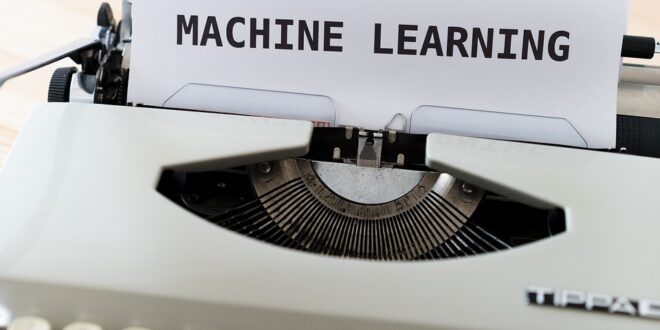The Role of Machine learning in Healthcare, Finance, and Manufacturing
Introduction
The term “machine learning” (ML) was first introduced by Arthur Samuel in 1959. In today’s world, given rapid digitization and the abundance of data generated within industries, machine learning has become an essential part of many sectors. From self-checkout kiosks finding patterns in sales purchases to fraud-management detecting financial anomalies, ML’s ability to handle vast amounts of information and to learn on the job has triggered exciting opportunities for many sectors. Some of the top sectors using Machine Learning are Healthcare, Finance, and Manufacturing.
Machine Learning in Healthcare
Healthcare has been among the pioneer industries using Machine Learning technologies. According to a forecast- a healthcare-focused research firm – “Medical Machine Learning” Market is to reach $12.9 Billion by 2024. Machine learning combined with high-quality data is being used for a wide range of tasks, from diagnosis to predicting the likelihood of cross-infection among hospitals. It is even allowing earlier intervention in diseases through the detection of deviations out of the range before clinically observable. It also plays a significant role in monitoring and processing patient data as input signals and spotting genuine correlations between various forecasts.
Machine Learning in Finance
Finance has and still going through major technological upheavals whereby almost every financial institution uses ML technologies in some way. Algorithmic trading and internal fraud-problem-solving processes, for example, are Machine learning jobs ever performed. A particular subset of ML Technology, Deep Learning (DL), is playing an increasingly large role in finance. Deloitte predicts that conversational AI will be deployed across the financial services industry during the next few years majorly to aid functions such as customer service, advisory interactions, and customer-facing business lines.
Machine Learning in Manufacturing
Manufacturing is becoming an increasingly data-intensive business with various and separate road trips set to take data digitization further during the upcoming years. Industries exploit ML models in many areas covering logistics operations optimization, Lean Manufacturing, predictive maintenance, reduced waste print lifetime, increased R it helps catch up with normative market patterns trends machine-output-variance, etc. Indeed, Artificial intelligence has moved beyond expectations to modify and automatize manufacturing sectors entirely.
Conclusion
Machine learning’s scope of potential applications in vital pivotal industries such as healthcare, finance, and manufacturing goes far beyond competitive advantage. The integration of emerging technologies such as Deep learning advances identification and disapproves all new industries to increase their productivity by taking immediate advantage of better decisions established on that insight. The increased emphasis on Big data consolidation equips workplaces in advance in real-time which not just enhances automated processes but also requires humans with a whole new set of talents required to operate in digitally advanced sectors. Therefore technology workers will want to keep sharp! Pythologic is offering training courses on many Machine Learning Proficiencies that starts to complement digital workplaces embarked upon a journey of embracing AI sentiment in every business line for technologies used to yet leverage strong Machine Learning applications.
 Mind Uncharted Explore. Discover. Learn.
Mind Uncharted Explore. Discover. Learn.



